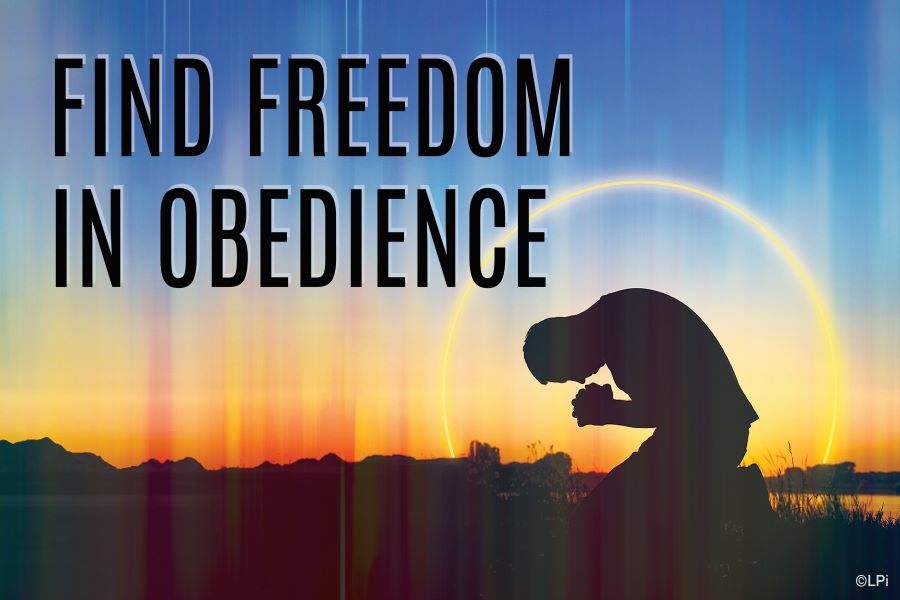
27th Sunday in Ordinary Time
10-02-2022Weekly Reflection©LPiAs adults, unless we are dealing with children, “obedience” is not a word we typically like to hear. It often brings connotations of military protocols, deference to superiors at work, or conforming to laws and practices. In a culture that has learned to challenge authority, being obedient is understood more as something I “have” to do, not “want” to do.
Do you ever see merit in wanting to be obedient? Encouraged to develop independent, self-sufficient egos and personas, we learn to focus on our own wills and merits as we strive for success and achieve a sense of well-being. Giving ourselves over to the will of another, especially when done blindly, can sometimes carry more risk than we are willing to take. Also, blindly following orders without any deference to ethics or morality can lead to atrocious crimes and violence against humanity.
St. Ignatius of Loyola states, “There are three sorts of obedience; the first, obedience when a strict obligation is imposed upon us, and this is good; the second when the simple word of the superior, without any strict command, suffices for us, and this is better; the third, when a thing is done without waiting for an express command, from a knowledge that it will be pleasing to the superior, and this is the best of all.” St. Ignatius sees obedience as an act of love. When the person we are obeying genuinely has our best interest in mind, acting themselves with love and integrity, then what St. Ignatius says makes excellent sense. When mutual trust and a bond of love and respect are present, obedience can lead to freedom and truth.
We ask God to increase our faith. In other words, increase our trust that God knows best how to live and act in this world. We desire the same confidence, determination, and patience Jesus had that the fulfillment of God’s vision would one day come. Nurturing a deep love of God and trusting in his providence, we obediently do what we know is pleasing to God: love, repent of sin, show mercy, be compassionate and fight injustice. As we willingly give witness to our faith, we do only what we are obliged to do, expecting nothing in return. Spared from the task of having to figure it all out for ourselves, we discover freedom.
BACK TO LIST